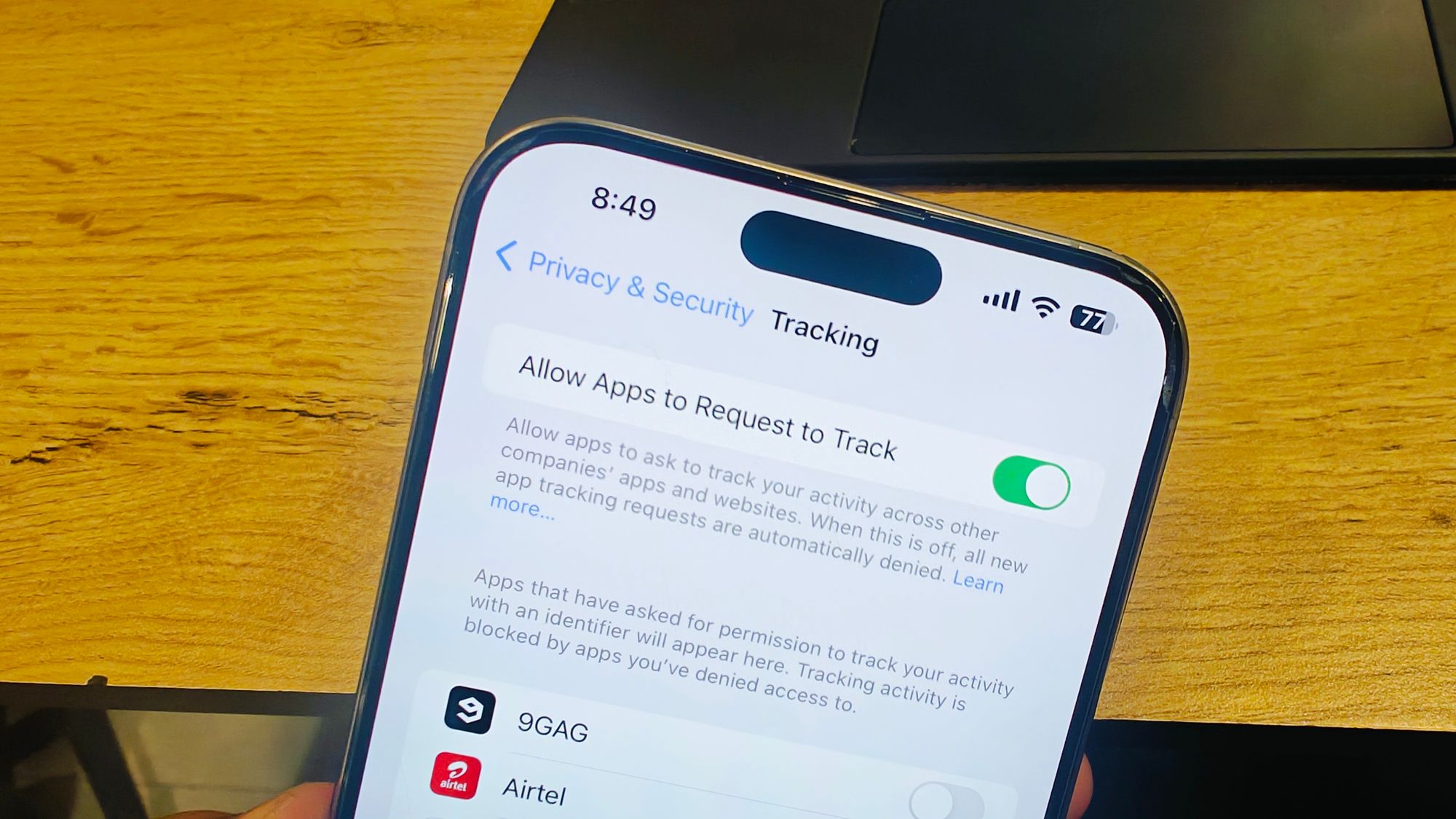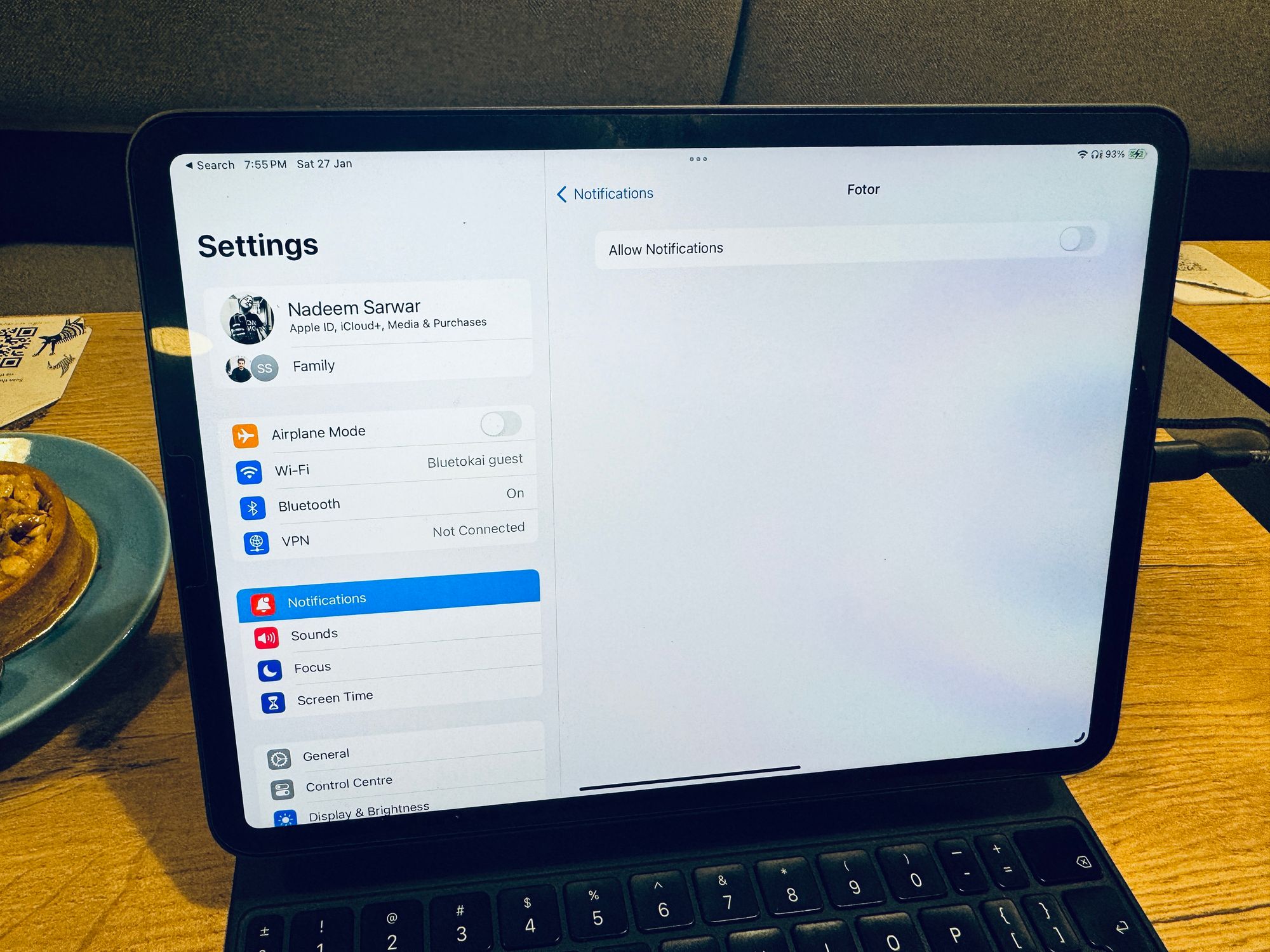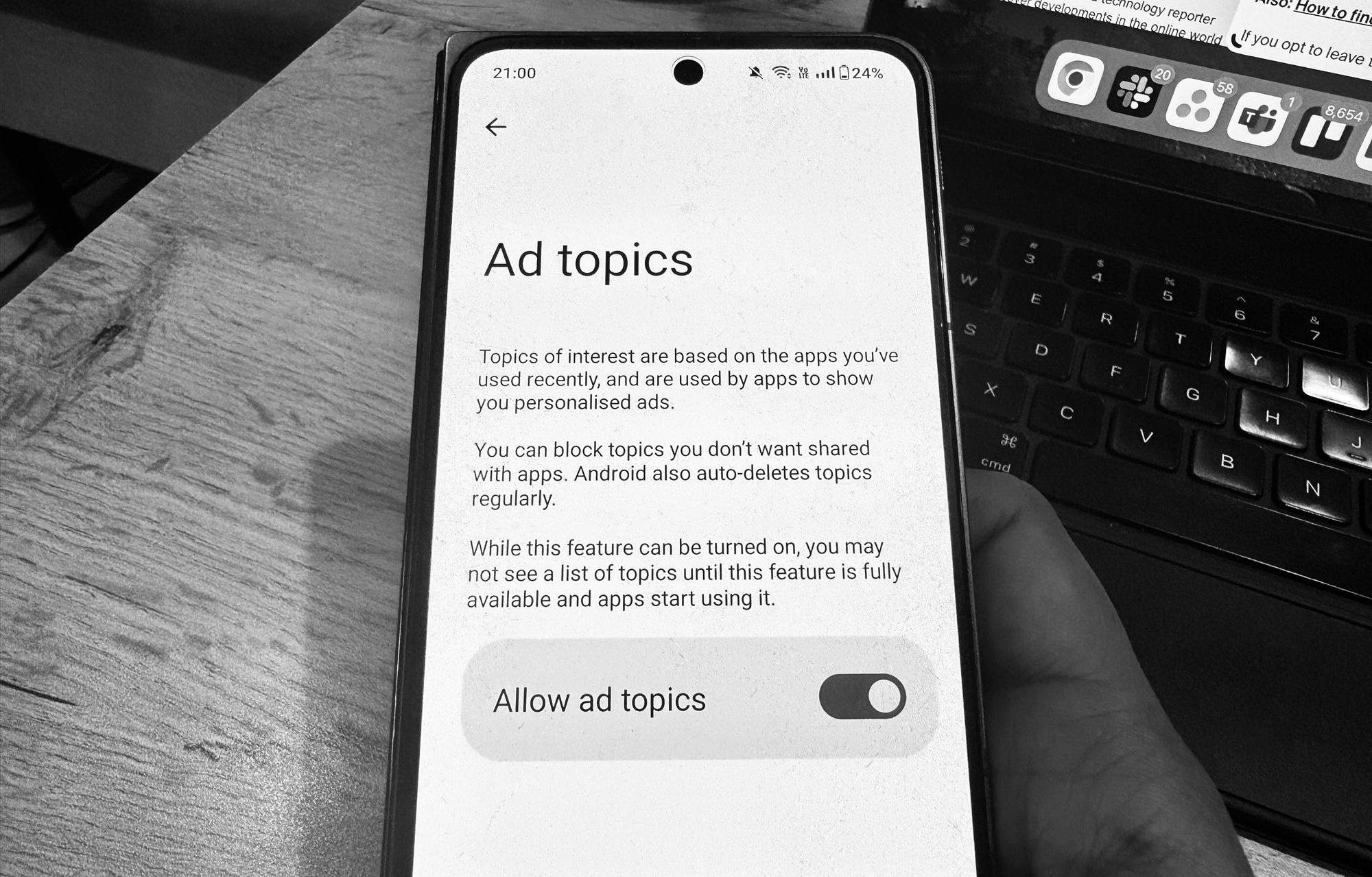Welp, solution first:
Settings > Notifications > [App] > Flick that damn toggle off.
Remember those pesky pop ups that appear on screen when you open an app for the first time after installation? “Grant permission to access location / contacts / photos / notifications” and other shizz like that. Welp, those innocent notifications are selling you out. And so are the ads in those apps.
Notably, government agencies are among the eager buyers, not just the average Nigerian Prince scammers, of all that data trove siphoned from your innocent lil' phone. But hey, you want to hear right from the horse’s mouth, right?
Welp, Apple admitted to an American senator that the government is spying on citizens through notifications on their iPhones. Android is no different. The same senator, Ron Wyden, also exposed how a White House funded project monitors calls to the tune of millions each day — through an official partnership with a mobile service provider.

And this might not sound surprising, or it just might, but everything from your location (precise within a few meters) and places you frequently visit to the battery percentage on your phone, all of it is up for grabs like a wholesale market. A shady company called Patternz operating on the online ad brokering market told its clients that it can monitor close to a million apps and has data on over 5 billion user profiles.
Any app that can run ads is good to go, it says. Some of the data these apps collect might sound harmless, but when multiple signatures are put together, any bad actors (or the good old government) can predict a person’s identity with a high degree of accuracy. In the digital world, it’s called fingerprinting.
In a sinless world, that data will be used to push highly personalized ads. In our wicked, surveillance is just a start. 404 Media played detective and uncovered a delightful little company called Patternz, which has turned ad delivery systems on smartphones into a full-fledged information extraction tool, passing data to eager bidders.

Here's a juicy bit: Patternz, a "top-secret spy gadget" of sorts, is using well-loved apps like 9Gag and a slew of caller ID apps like Truecaller as its little minions to carry out its dastardly deeds. According to the CEO of this oh-so-innocent company, once their tool is up and running in over half a million apps, your phone essentially becomes a "de-facto tracking bracelet."
ISA, the mastermind behind Patternz, collects this data from RTB players like Google and X (you know, the artist formerly known as Twitter). What's in the data package, you ask? Oh, just super detailed location info, movement patterns, and maybe who you're having coffee with.
While cybersecurity buffs are busy pointing fingers at government surveillance tools, ISA is already out there pitching its services to national security agencies. Because why not, right?

In another "shocking" twist, the NSA's chief admits they buy web browsing data of Americans from brokers, without legal warrants. This bombshell was graciously confirmed by NSA Director Paul Nakasone himself, following Senator Ron Wyden's (D-OR) relentless pursuit for answers.
But wait, there's more! Ads aren't the only boogeyman here. Another exposé by Mysk shows the cunning use of iPhone push notifications for data harvesting. Apps get a push, iOS wakes them up for a quick sec to dress up the notification, and voilà – social apps notorious for their data hunger are using this time to spy on the poor soul with a phone in their hands.

Developers have found this nifty loophole to run background code on a whim, just by sending push notifications. Many apps are sneakily transmitting extensive device data during this time, effectively turning them into fingerprinting machines.
And the cherry on top? “The frequency at which many apps send device information after being triggered by a notification is mind-blowing,” says the security firm Mysk. Once again, not surprising. Apple plans to ask developers to ask developers just why they need this privilege in 2024, but it’s not a fool-proof solution.
So, back to square one. Turn that notification access off for apps you don’t want to send alerts. Also, revoke the permissions. A calculator app doesn’t need to know your location or see the dick pics in yo phone gallery, ain't it?

